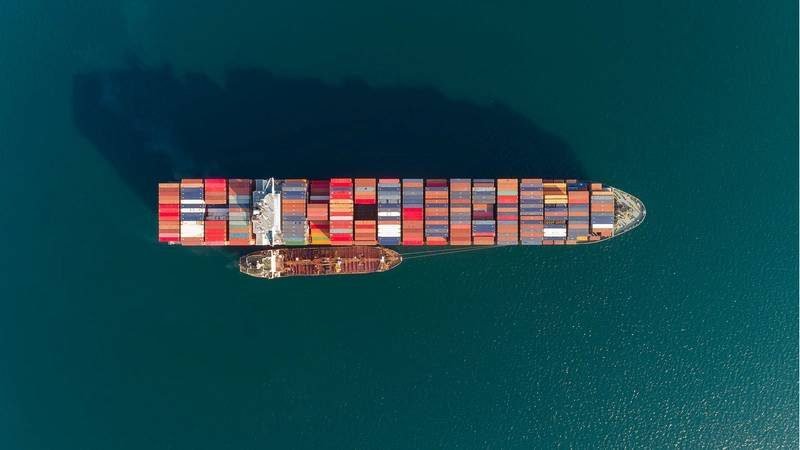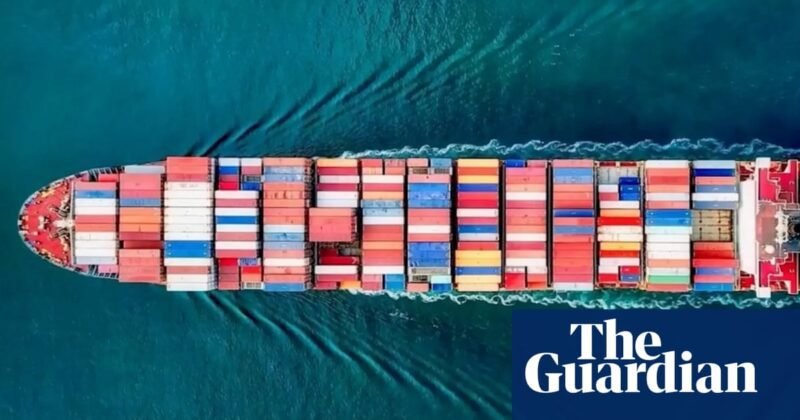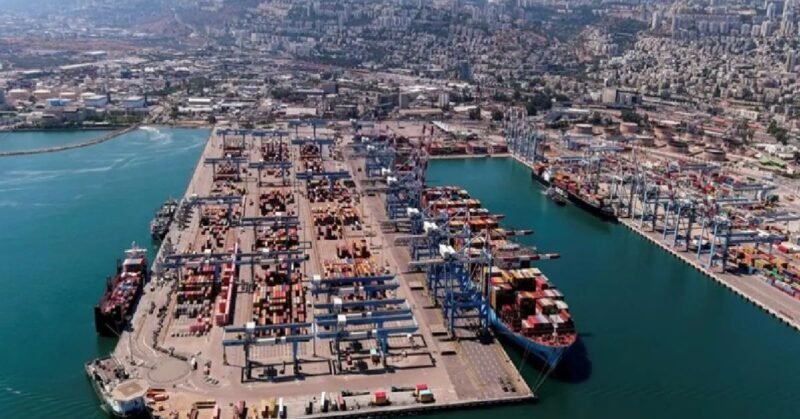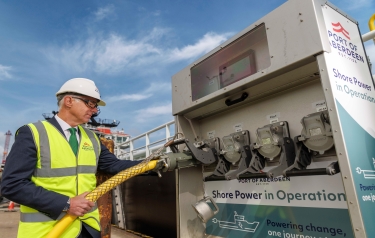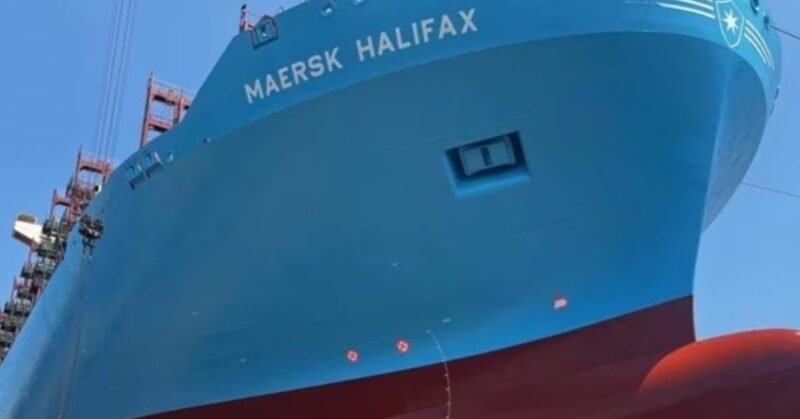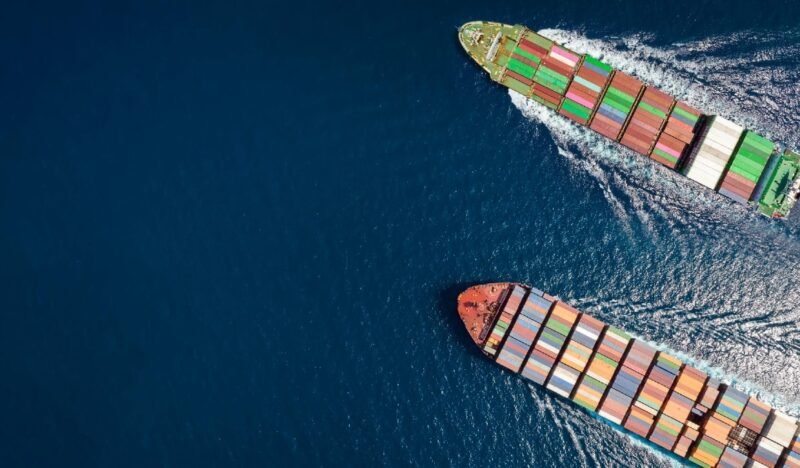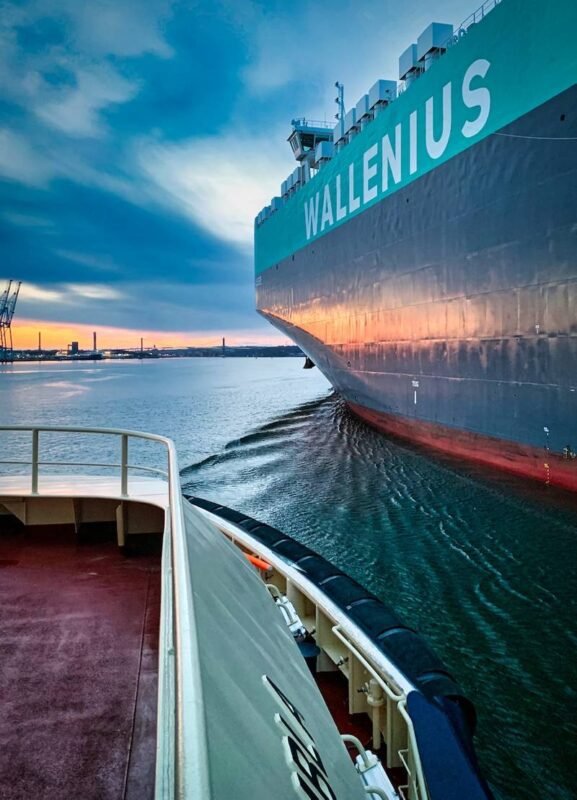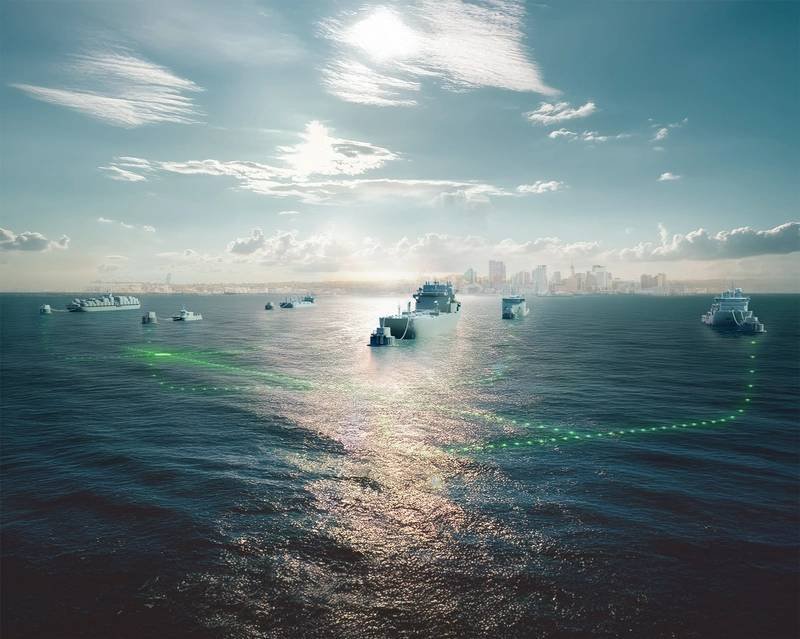The Maersk Mc-Kinney Møller Center for Zero Carbon Shipping has recently updated its Fuel Pathway Maturity Map, which outlines key alternative fuels crucial for decarbonizing the maritime industry by 2050. This map provides an assessment of the readiness of various alternative fuel pathways and highlights the progress made since 2022. The update aims to counter the notion that maritime decarbonization has stalled, showing tangible advancements in key areas and instilling confidence in the industry’s green transition.
Over the past two years, significant strides have been made in advancing alternative fuels, driven by increased investment in dual-fuel vessels and pilot projects. Progress has been notable in areas such as ammonia, methanol, bio-methane, bio-oils, and renewable diesels, reflecting the expanding landscape of sustainable maritime fuels. While technological advancements have been made, the Fuel Pathway Maturity Map emphasizes the urgent need for continued innovation and regulatory alignment to accelerate the transition towards decarbonization.
The Center has also explored the feasibility of a goal-based fuel standard, suggesting that a significant penalty of at least $450 per tonne of GHGs would be necessary to incentivize the use of sustainable fuels and energy. Non-compliance costs should remain at this level through 2050 to make sustainable alternatives economically viable throughout the transition. This underscores the importance of regulatory frameworks that will drive the adoption of sustainable fuels and propel the industry towards a greener future.


